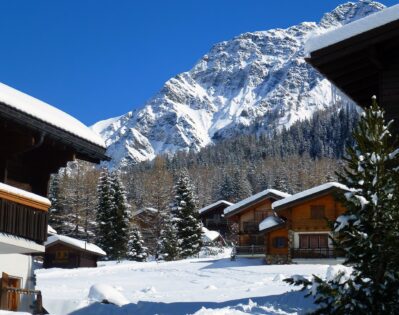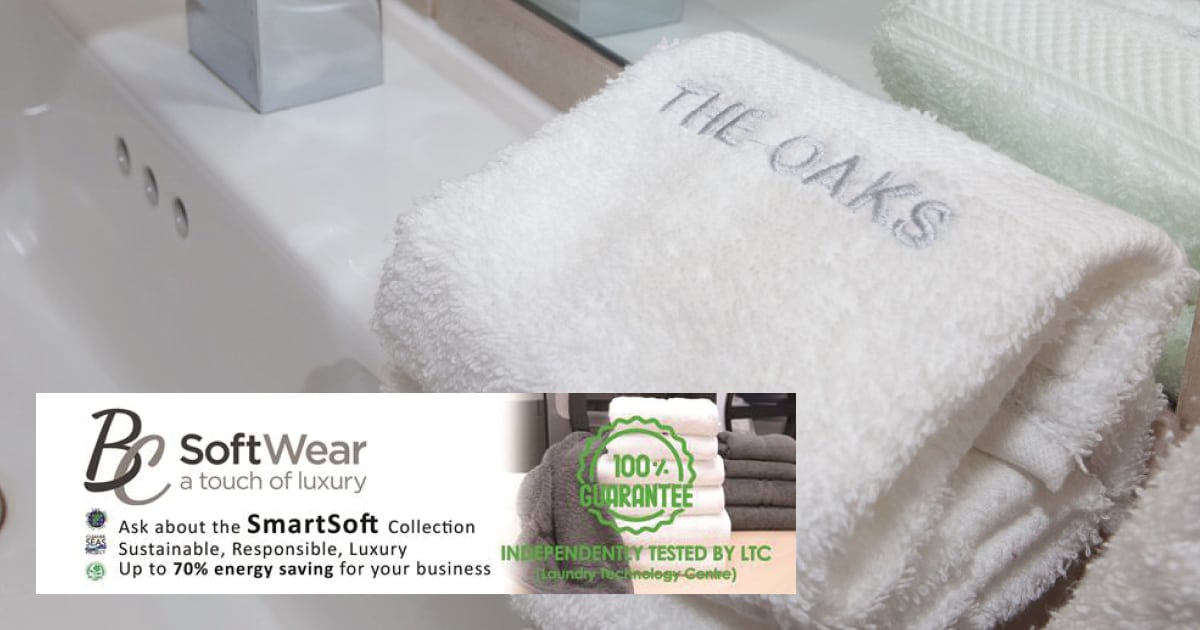
Proper management is crucial to the success of alternative luxury accommodation businesses due to their high service standards and customer expectations. Effective management ensures seamless operations, meticulous attention to detail, and consistent delivery of exceptional experiences. In the competitive luxury accommodation sector, adept management is essential for maintaining a prestigious brand image, building guest loyalty, and achieving long-term success.
So, here’s a guide to managing alternative luxury accommodation.
1. Provide a Personalised Experience
When managing alternative luxury accommodations, consider offering personalised experiences to stand out from your competitors. Offering personalised experiences to guests requires leveraging a combination of hospitality traditions, innovative technology, and attentive service.
Personalised concierge services allow guests to tailor their stay to their preferences and interests. Whether arranging private tours to archaeological sites, booking reservations at exclusive restaurants, or organising special events, dedicated concierge teams cater to individual needs and create memorable experiences.
Moreover, technology plays a crucial role in personalisation, with hotels implementing guest-facing apps and platforms that enable seamless communication and customisation. From pre-arrival requests for room amenities to in-room controls for lighting, temperature, and entertainment, digital interfaces empower guests to personalise their stay.
Furthermore, consider curating unique experiences that showcase the destination’s rich culture, history, and natural beauty. It can include offering private yacht excursions to secluded islands, organising gastronomic tours to local markets and vineyards, or hosting cultural events featuring traditional music and dance performances.
Moreover, personalised touches such as welcome gifts, handwritten notes, and turndown amenities add a personal touch to the guest experience, creating a sense of warmth and hospitality.
2. Provide Options
Alternative luxury accommodations should consider providing numerous options to guests, especially those seeking group accommodations, to cater to diverse preferences, needs, and occasions. Offering various options allows guests to select accommodations that best suit their requirements, whether the size of the room, the view, the amenities, or the overall ambience.
For group accommodations, providing numerous options is particularly beneficial as different group members may have varying preferences and priorities. Some may choose spacious suites with panoramic views, while others prefer interconnected rooms for family convenience or privacy. By offering a range of options, luxury hotels can accommodate the group travellers’ diverse needs and preferences, ensuring a comfortable and enjoyable stay for everyone.
Moreover, providing numerous options enhances the overall guest experience by empowering guests with choice and flexibility. It allows them to customise their stay according to their preferences and budget, fostering a sense of empowerment and satisfaction.
Furthermore, offering multiple options can also cater to different occasions and special events, such as weddings, corporate retreats, or family reunions, where guests may have specific requirements and preferences.
In summary, providing numerous options to guests, including those seeking group accommodations, is essential for alternative luxury accommodations to meet diverse needs, enhance guest satisfaction, and maintain a competitive edge in the hospitality industry.
3. Add Luxury Amenities to Your Accommodation
Luxury amenities are crucial for managing alternative luxury accommodations. It attracts guests by enhancing the overall guest experience and creating a sense of exclusivity, relaxation, and indulgence. Amenities such as hot tubs, swimming pools, fireplaces, and spa facilities contribute to the allure of luxury accommodations, enticing travellers seeking comfort, luxury, and leisure.
Hot tubs and swimming pools offer guests the opportunity to unwind and rejuvenate, providing a tranquil oasis where they can relax and escape the stresses of daily life. These amenities promote physical well-being and enhance the overall ambience and aesthetic appeal of the hotel environment.
Meanwhile, fireplaces add warmth, charm, and sophistication to guest rooms and common areas, creating inviting spaces where guests can cosy up and enjoy intimate moments, especially during cooler seasons. Furthermore, spa facilities offering a range of treatments, massages, and wellness therapies elevate the guest experience, promoting relaxation, rejuvenation, and holistic well-being.
Luxury amenities can attract guests and contribute to positive reviews, repeat business, and word-of-mouth recommendations, enhancing the hotel’s reputation and marketability in the competitive hospitality industry.
By investing in luxury amenities, luxury accommodations can differentiate themselves from competitors, appeal to discerning travellers, and create memorable experiences that exceed guest expectations, fostering loyalty and long-term success in the luxury hospitality sector.
4. Choose a Luxurious Location
Choosing a fantastic location is paramount when opening an alternative luxury accommodation, such as a ski chalet, as it significantly influences the guest experience and overall success. A picturesque and desirable location like a ski resort offers guests unparalleled access to natural beauty, outdoor activities, and seasonal attractions, enhancing the appeal and exclusivity of the accommodation.
A ski chalet nestled amidst snow-capped mountains provides guests with breathtaking views, convenient access to ski slopes, and winter sports and recreation opportunities. The location sets the stage for memorable experiences, allowing guests to immerse themselves in the splendour of nature and indulge in luxurious amenities and personalised services.
Furthermore, prime locations for luxury ski chalet rentals ensure visibility, accessibility, and marketability, attracting discerning travellers seeking unique and memorable accommodations. By choosing a fantastic location, alternative luxury accommodations can differentiate themselves in the competitive hospitality landscape and attract guests seeking unparalleled experiences, establishing a reputation for excellence and exclusivity.
5. Listen to Feedback
Listening to feedback is crucial for managing alternative luxury accommodations as it provides valuable insights into guest preferences, expectations, and satisfaction levels. Guest feedback, whether positive or negative, serves as a direct line of communication between the hotel and its clientele, enabling the business to understand areas of strength and opportunities for improvement.
Positive feedback highlights aspects of the guest experience that work well, allowing the hotel to identify and reinforce its unique selling points and strengths. This positive reinforcement can boost employee morale and maintain consistency in delivering exceptional service and experiences.
On the other hand, negative feedback presents opportunities for growth and refinement. It alerts the hotel to areas of concern, such as service shortcomings, cleanliness issues, or facility maintenance deficiencies, which may negatively impact guest satisfaction and loyalty if left unaddressed. Feedback allows luxury hotels to implement proactive measures to rectify issues, mitigate future occurrences, and enhance the overall guest experience.



